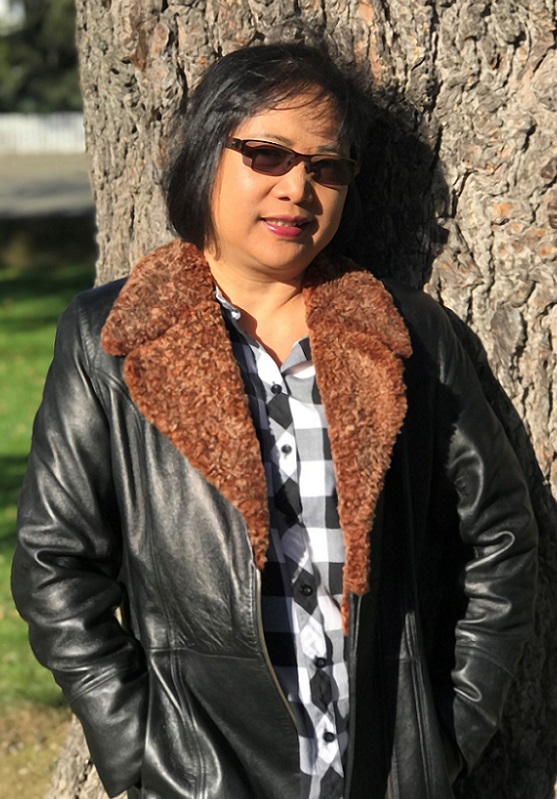Faces of Selwyn - A 26-year journey home
Content Archived on the Web
This content has not been altered or updated since it was archived. Please check our menus for latest news items.
Last modified: 29 Jul 2020 10:28am
 Teena Dela Cruz and her family of three have spent more than a quarter century working hard to become Kiwi.
Teena Dela Cruz and her family of three have spent more than a quarter century working hard to become Kiwi.
Originally from the Philippines, Teena met her husband Orlando more than 30 years ago while nannying in Singapore. A few years later in Hong Kong she met the McMaths, a Christchurch family who hired Teena to look after their four young children.
The two families clicked and the McMaths offered to bring Teena to New Zealand in the hope she’d continue to be their nanny.
For Teena, it was a chance to create a better life for herself and her family. However, it would take a many years to actually complete the journey. New Zealand’s immigration laws made it hard for Filipino families to come to New Zealand, let alone become residents, Teena says.
“It’s still difficult to come into New Zealand; immigration is tough now. And the requirements as well. If you do not pass the medical tests or qualification standards, you can’t even come here.”
She applied twice for a work visa, in 1995 and 1997, and for a holiday visa in 2002 - all were rejected.
That was when they realised their strategy had to change. Next time, they would submit a work visa application for Orlando.
The McMaths owned a dairy Farm in Leeston, and were keen to employ Orlando. The hope was that Teena and their son Adiell-Jonan (A.J.) would then be able to join him. First, though, Orlando had to earn at least two years’ experience as a dairy farmer. He started working in 2009, which delayed their journey yet again.
A.J. started school and Teena volunteered for a local church. Life was not easy, but, in 2011 they finally secured a work visa for Orlando, and Teena and A.J. joined him in New Zealand three months later.
The start to their dream move was rocky. Just eight months after arriving, Orlando’s mother died and he was unable to fly home to farewell her. Teena struggled to adjust to the loneliness of living in the countryside with few people to talk to, let alone anyone with a similar culture.
“In the Philippines, your neighbour is on the other side of the wall. Here, your neighbour is an hour’s walk away at least.”
The hardest struggle was changing her mindset, she says, to understand her surroundings would no longer be bustling, hot or humid, but quiet with the absence of people and family members she had left behind.
That led her to start a support group for Filipino immigrants in or near Leeston. The group, now called Leeston Lifetouch Fellowship, grew from just seven members in 2011, to 60 today. They meet every three weeks at St David’s Church in Leeston where discussions can last for hours.
“Somebody would be having problems, and then we laugh, we cry, we listen, we eat.”
After eight years of reapplying for work visas in May Teena and her family received approval to become permanent residents.
Almost 30 years is a long time to wait for anything, but wait she did, and now she’s made this place her home.